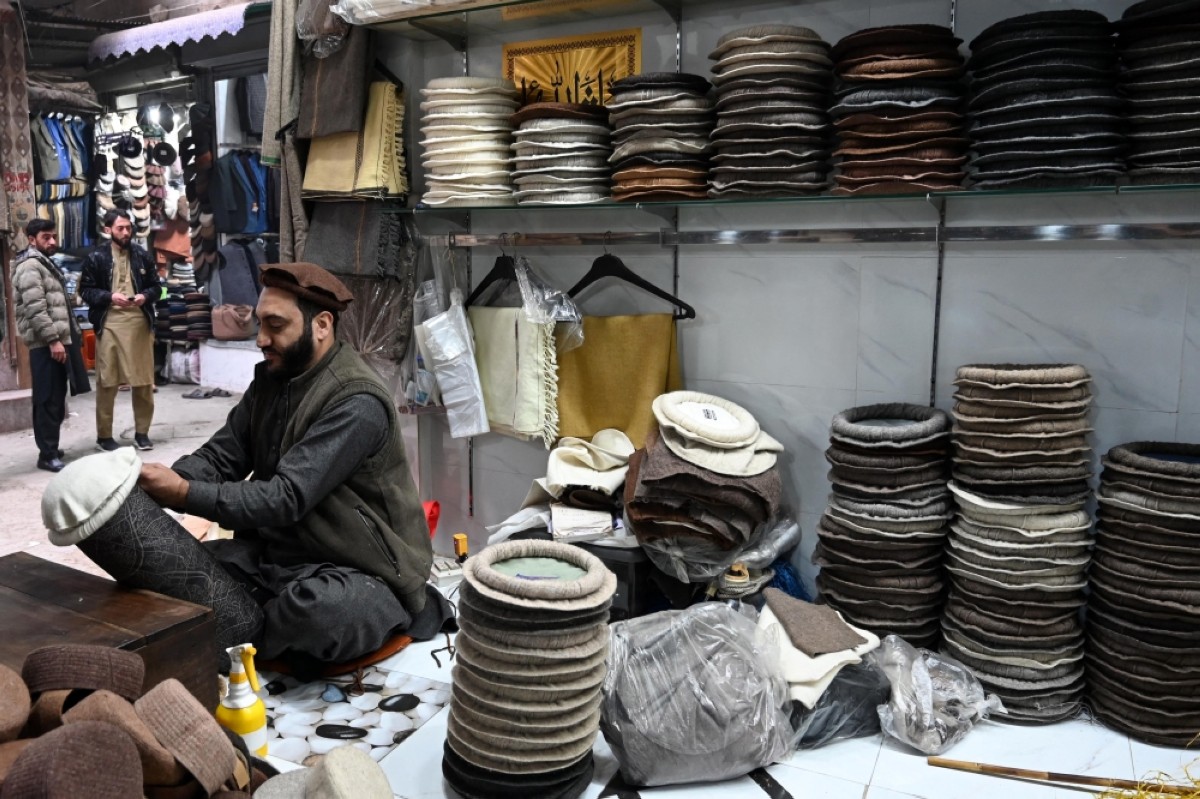Every winter, trade picks up in Peshawar’s historic Chitral Bazaar as demand rises for traditional woollen clothing from Pakistan’s mountainous northwest. Founded in the late 1940s by traders from Upper Chitral, the bazaar is known nationwide…

Every winter, trade picks up in Peshawar’s historic Chitral Bazaar as demand rises for traditional woollen clothing from Pakistan’s mountainous northwest. Founded in the late 1940s by traders from Upper Chitral, the bazaar is known nationwide…